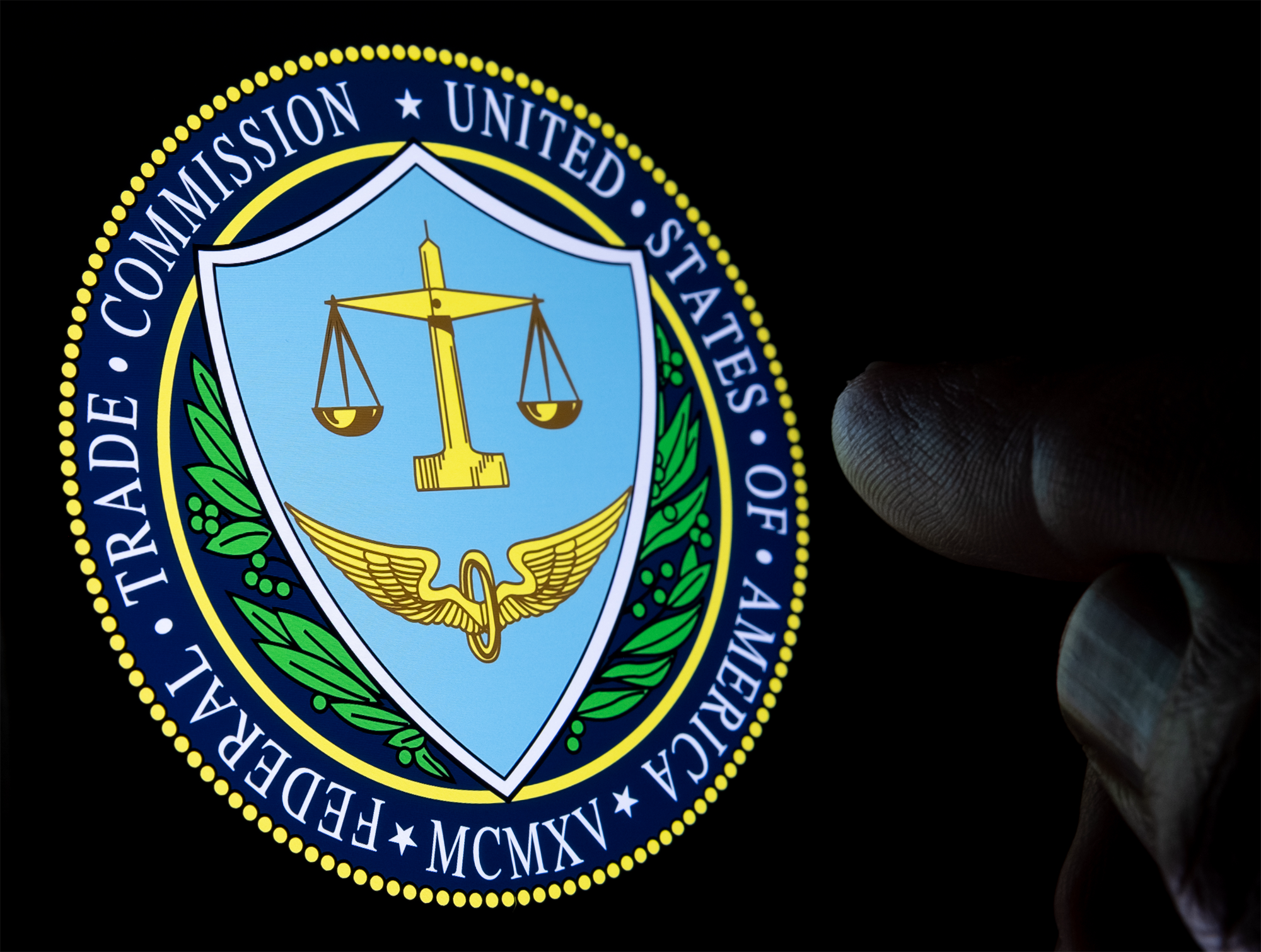
FTC Highlights Lack of User Control Over Data Used by AI on Social Media
Government & Policy
Zaker Adham
20 September 2024
19 August 2024
|
Paikan Begzad
Summary
Summary
The Australian federal government’s Digital Transformation Agency (DTA) has defended its decision to engage in a discounted trial of Microsoft’s AI service, Copilot, in response to concerns that it could potentially sideline local AI companies from securing government contracts.

The six-month trial, announced in November 2023 during a meeting between Prime Minister Anthony Albanese and Microsoft CEO Satya Nadella, closely followed Microsoft's pledge to invest $5 billion in building digital infrastructure in Australia.
In May, Trellis Data, a Canberra-based AI company, claimed it was on the verge of finalizing a deal with the government, only for it to be abruptly canceled in favor of the Microsoft Copilot agreement. During a hearing of the Select Committee on Adopting AI, DTA chief executive Chris Fechner clarified that the Microsoft deal does not bind the public service to exclusively use Microsoft products in the future.
Fechner also mentioned that the DTA could not confirm the existence of any formal contract with Trellis Data. He explained that Microsoft offered the government an introductory trial at a 15% discounted rate to demonstrate Copilot’s capabilities, with around 7,500 participants involved. Although the trial reportedly cost over $1.2 million, Fechner did not disclose the exact amount.
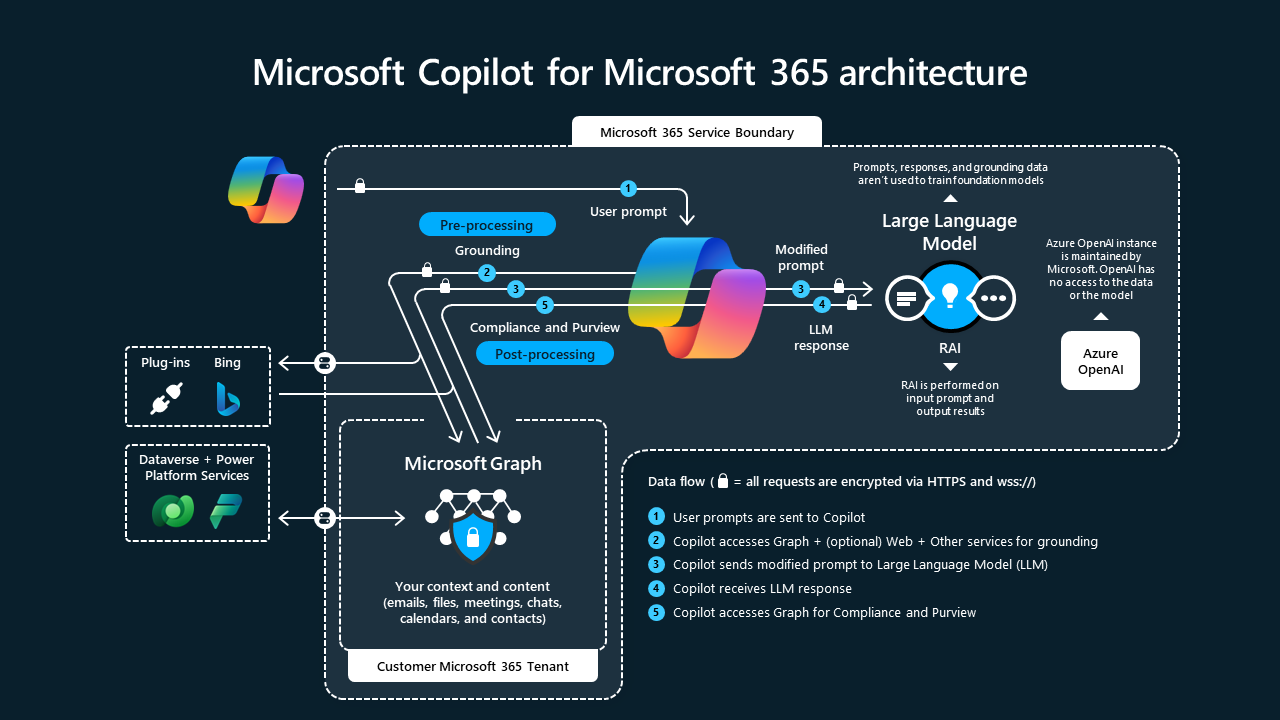
The DTA chose Microsoft Copilot for the trial because it seamlessly integrates with the existing Microsoft Office Suite, which includes Teams, Word, PowerPoint, and Excel—software that the Australian Public Service (APS) already holds about 180,000 licenses for.
During the hearing, Independent Senator David Pocock voiced concerns about how smaller technology firms could compete with industry giants like Microsoft, particularly in light of the Trellis Data case. Fechner acknowledged these concerns but emphasized that many discussions with local AI companies do not necessarily lead to formal contracts.
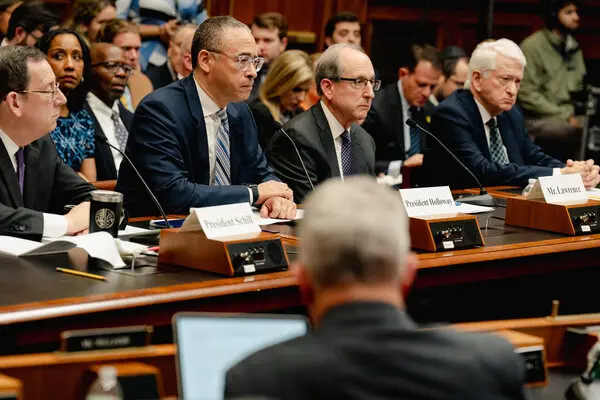
Fechner assured that the government is committed to exploring other AI alternatives, including open-source and commercial solutions that could offer similar functionalities to Copilot. He reiterated that the announcement of the Microsoft Copilot trial shortly after Microsoft’s $5 billion investment in Australia was coincidental and not interdependent.
As the Copilot trial concluded in June, the DTA is now leading an evaluation of its productivity, quality, and capabilities, with a report expected by the end of September. This report will help agencies decide whether to continue with Copilot or consider alternative AI solutions.
While Microsoft’s Copilot trial is being reviewed, the company continues to offer discounts for some agencies to maintain the service. Microsoft’s corporate vice president Steven Worrall stated that the trial was an appropriate extension of the existing contract with the government.

Government & Policy
Zaker Adham
20 September 2024
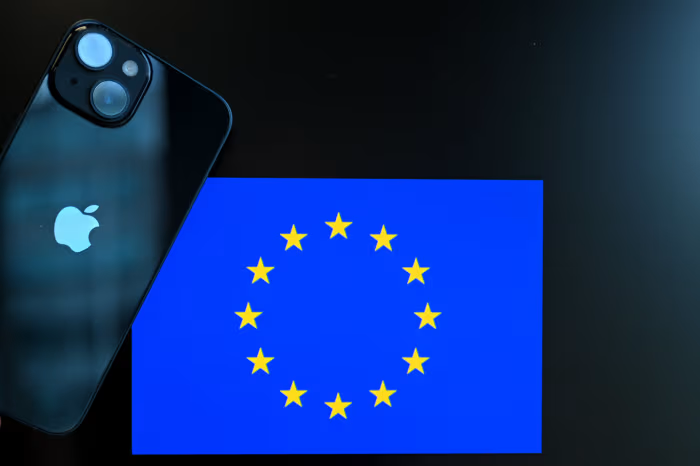
Government & Policy
Zaker Adham
10 September 2024
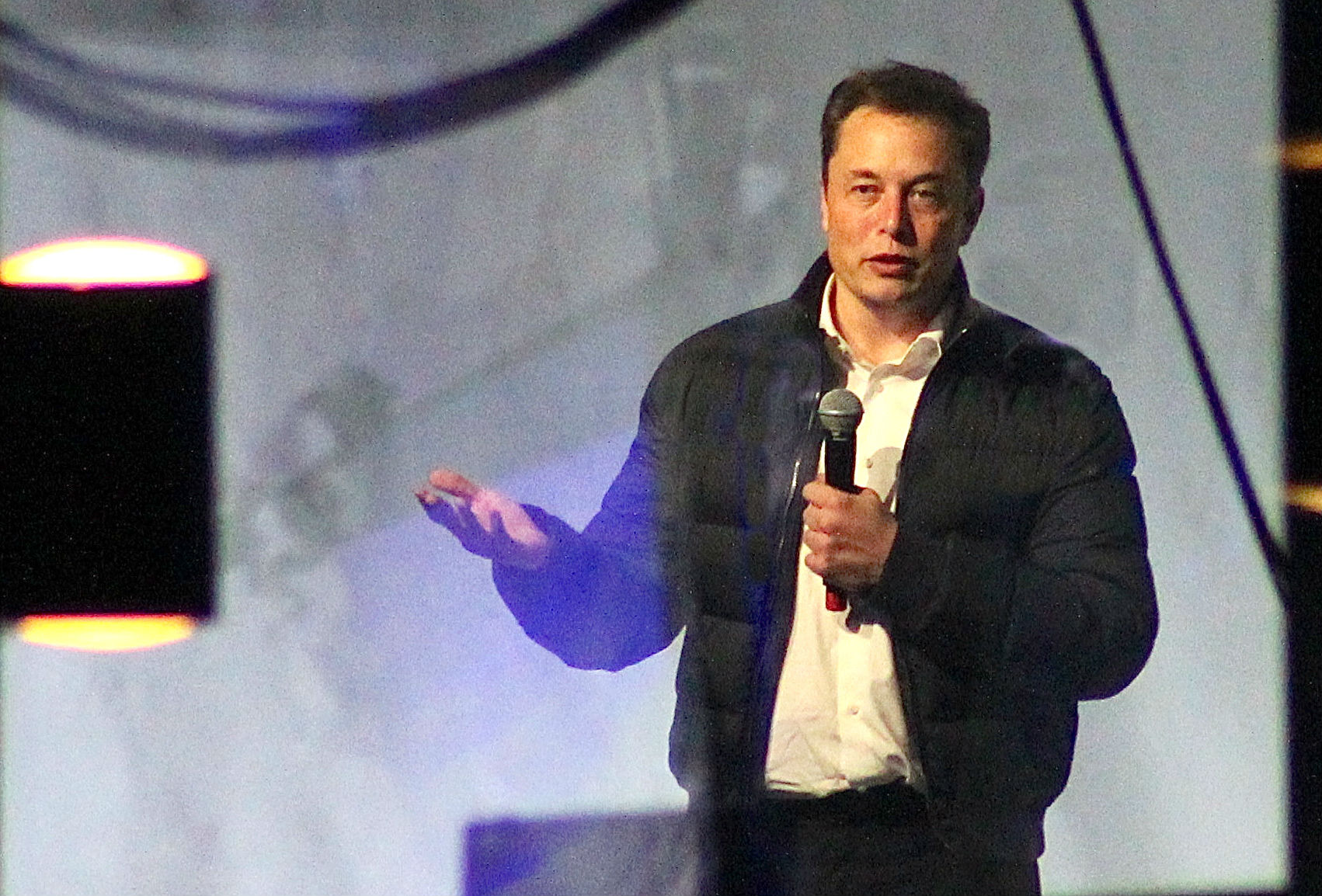
Government & Policy
Zaker Adham
03 September 2024
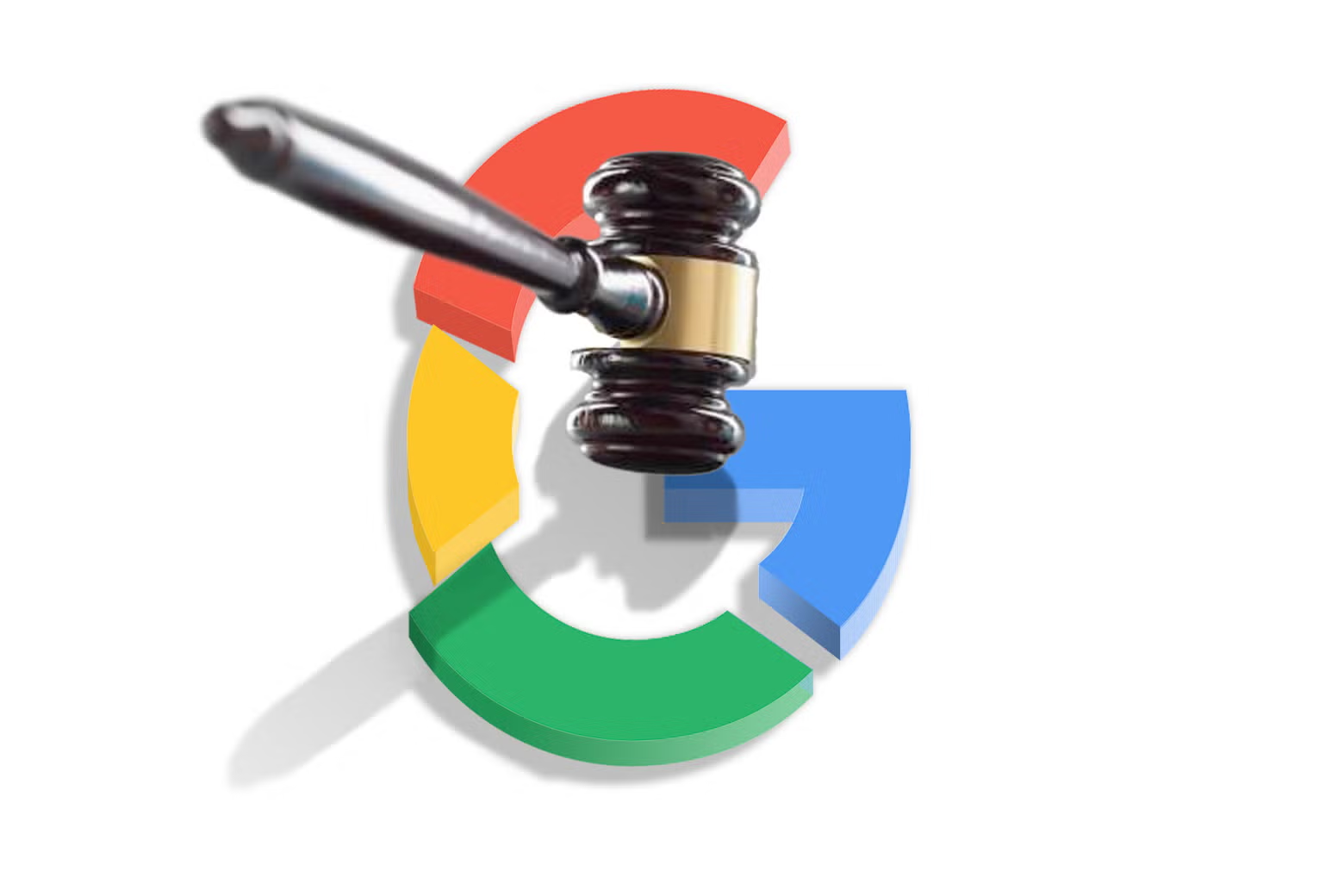
Government & Policy
Zaker Adham
07 August 2024